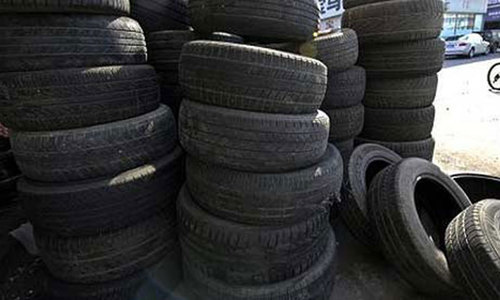ISLAMABAD: The National Assembly’s Standing Committee on Commerce has taken up the proposed amendments in Afghanistan-Pakistan Transit Trade Agreement (APTTA) to protect local exporters.
The committee meeting, chaired by MNA Naveed Qamar was convened on Monday, to gather feedback from the Ministry of Commerce on the proposed demands from Afghan government for revising the APTTA, 2010.
Commerce Adviser Razak Dawood briefed the committee on the broader perspective of proposed amendments. “We cannot share our response publicly,” adviser informed the committee.
However, he added that his ministry can brief the committee in-camera on Pakistan’s response to their demands due to the sensitivity of the issue.
Afghanistan had asked Islamabad to allow transit of Indian goods via the Wagah border to Afghanistan. Kabul wants Pakistan to formally include India into the transit agreement. The second major demand is to allow use of local transports for transit of goods.
Currently, the bulk of transit goods are transported via trucks to Torkham and Chaman border stations. Kabul has also demanded the use of railway as a mode of transportation.
The Ministry of Commerce briefed the committee on APTTA 2010. The committee further discussed the institutional arrangements, challenges, and issues in transit trade with Afghanistan.
The committee was informed that the Afghanistan Pakistan Transit Trade Coordination Authority (APTTCA) was established to monitor the effective implementation of the agreement. However, the APTTCA meeting was not held after a lapse of several months.
The ministry further added that one of the discouraging factors in Afghanistan-Pakistan transit trade is high terminal charges at Pakistani ports for handling and storage of cargo.
The major reasons for high port charges in the country are attributed to a non-competitive environment, non-utilisation of Gwadar port and lack of a regulatory mechanism to regulate terminal operators and shipping lines.
The ministry said that lack of hominisation of customs documents is another issue which hinders the timely completion of transit formalities.
The ministry is addressing issues like permits, delays in clearance of goods, difficulty in the registration of goods documents, insufficient space for clearance and handling of goods, its delays and other related issues.
Qamar directed the commerce ministry to add proposals of the committee members in the exchange document. He asked the Ministry of Commerce that next agreement must be comprehensive and Pakistani exporters needed to be facilitated on priority.
Afghanistan was the second biggest export market after United States for Pakistani goods. However, export proceeds from Kabul has gradually declined to around $1bn from over $2bn in the last few year due to various factors.
Published in Dawn, October 20th, 2020














































